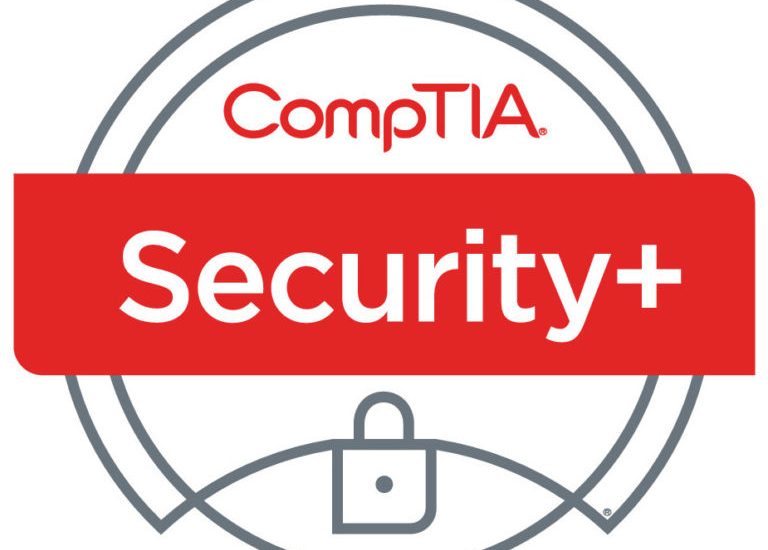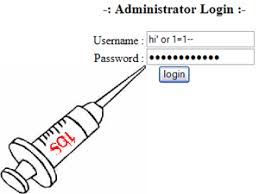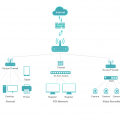- September 13, 2023
- Posted by: team SOUTECH
- Category: Blog, Cyber-security and Ethical Hacking Training, Ethical Hacking and Kali Linux Free Training, Security

Cybersecurity is a critical field in today’s digital landscape, and CompTIA Security+ certification is an essential step toward building a career in this domain. In this article, we will explore the core principles of cybersecurity, which are fundamental to the CompTIA Security+ certification.
The Importance of Cybersecurity: Cybersecurity is the practice of protecting systems, networks, and data from theft, damage, or unauthorized access. It is vital in our interconnected world to safeguard sensitive information and maintain the integrity of digital assets.
Confidentiality, Integrity, and Availability (CIA): The CIA triad is a foundational concept in cybersecurity. It emphasizes three key aspects: confidentiality (protecting data from unauthorized access), integrity (ensuring data remains accurate and unaltered), and availability (making data accessible when needed).
Security Controls: Security controls are measures taken to safeguard information systems. CompTIA Security+ candidates learn about various security controls, including technical, administrative, and physical controls.
Risk Management: Risk management involves identifying, assessing, and mitigating security risks. CompTIA Security+ covers risk assessment methodologies and strategies for reducing risk.
Cryptography: Cryptography is the science of securing communication through the use of codes and ciphers. Candidates will delve into encryption techniques and cryptographic protocols.
Network Security: Network security is a critical aspect of cybersecurity. CompTIA Security+ explores network security concepts, including firewalls, intrusion detection systems (IDS), and virtual private networks (VPNs).
Authentication and Authorization: Candidates will learn about authentication methods (such as passwords and biometrics) and authorization mechanisms to control access to systems and data.
Security Policies and Procedures: Establishing security policies and procedures is essential for maintaining a secure environment. CompTIA Security+ covers the development and implementation of security policies.
Incident Response: Incident response involves handling security incidents, including breaches and data breaches. Candidates will learn about incident response plans and procedures.
Security Awareness and Training: Human error is a common security risk. The certification emphasizes the importance of security awareness and training for employees and users.
Compliance and Legal Considerations: Compliance with industry regulations and legal requirements is crucial. Candidates will explore compliance frameworks and their significance.
Conclusion: Understanding the core principles of cybersecurity is essential for anyone pursuing CompTIA Security+ certification. These principles serve as the foundation for building robust security measures and protecting organizations from cyber threats.





